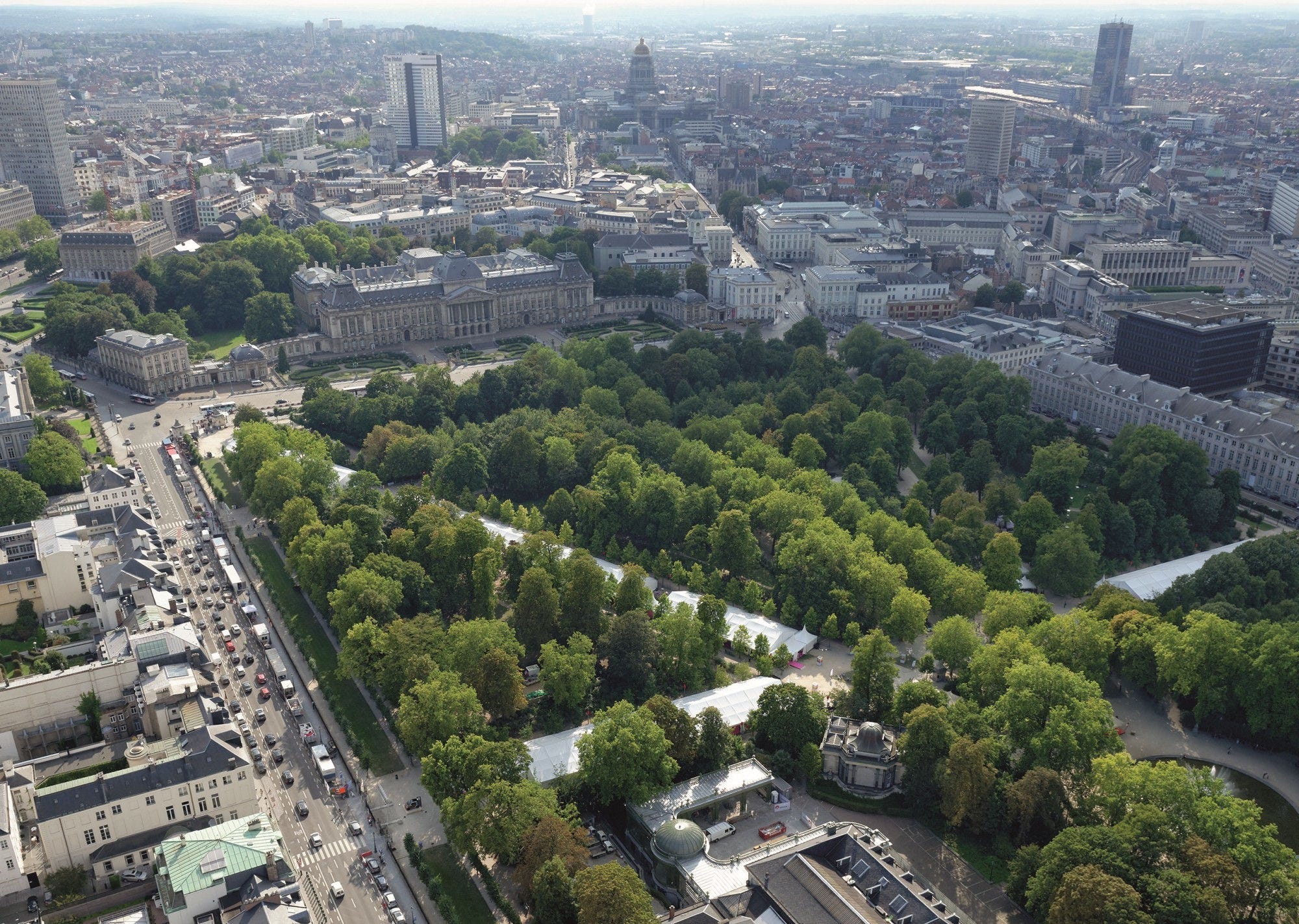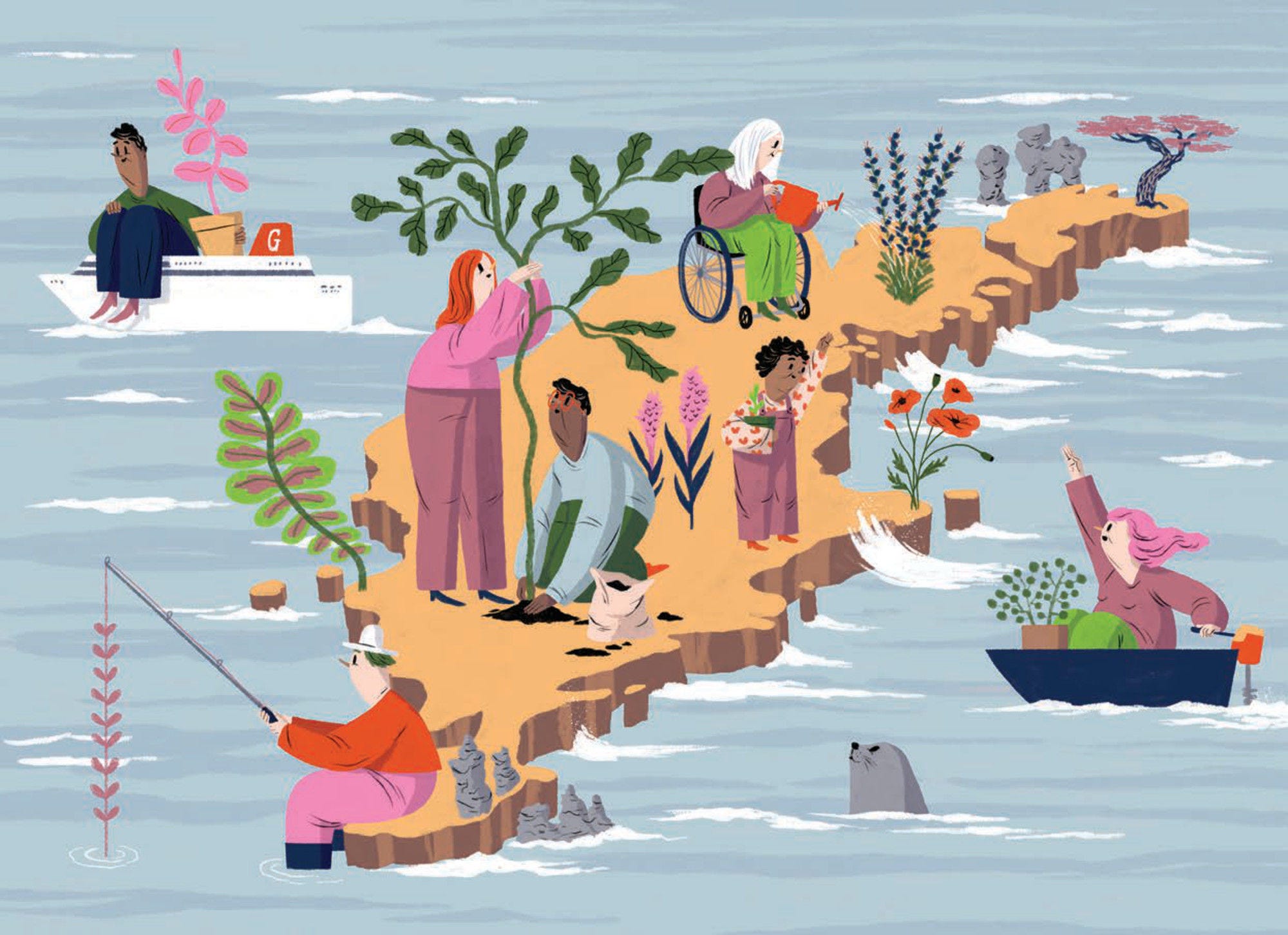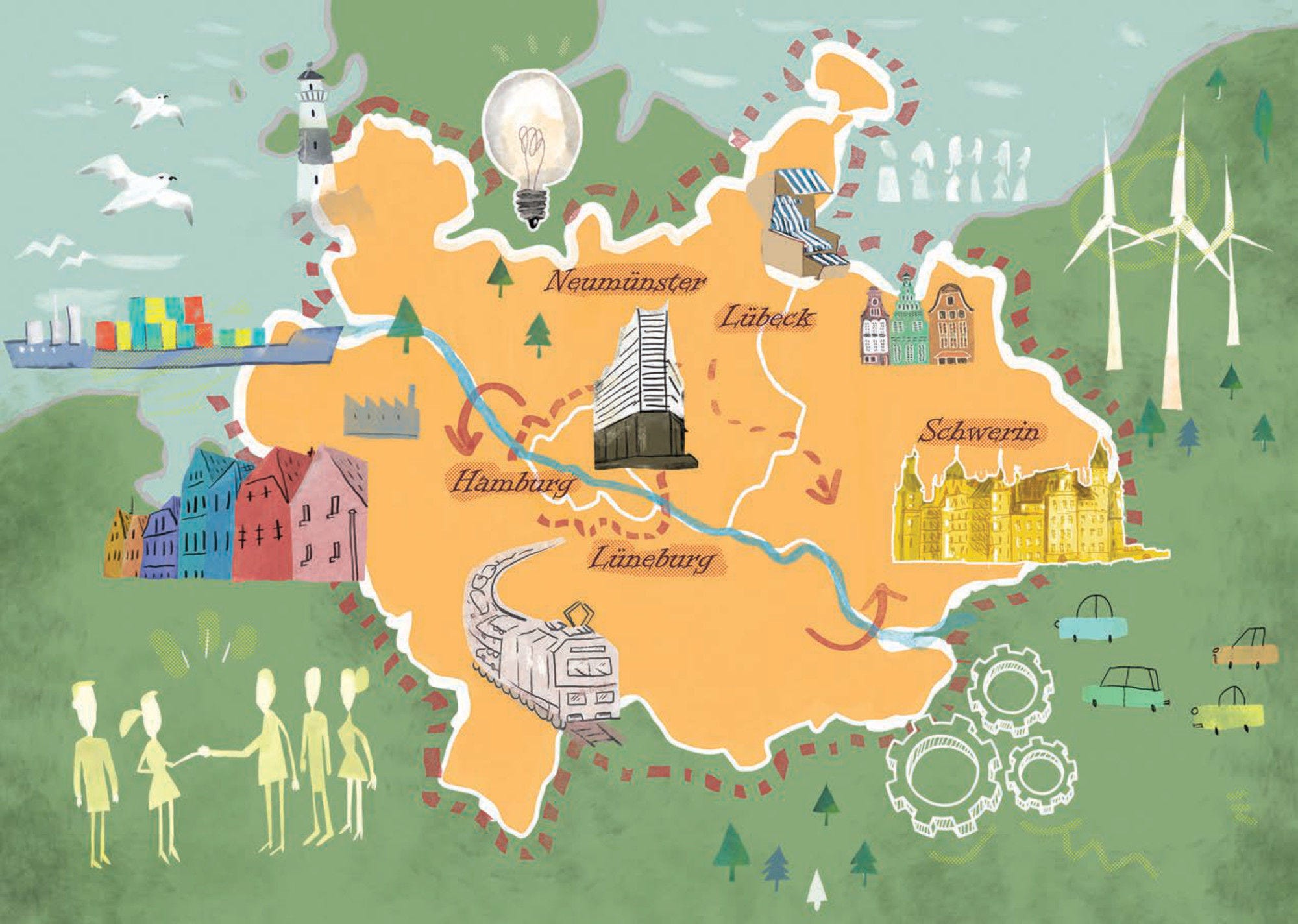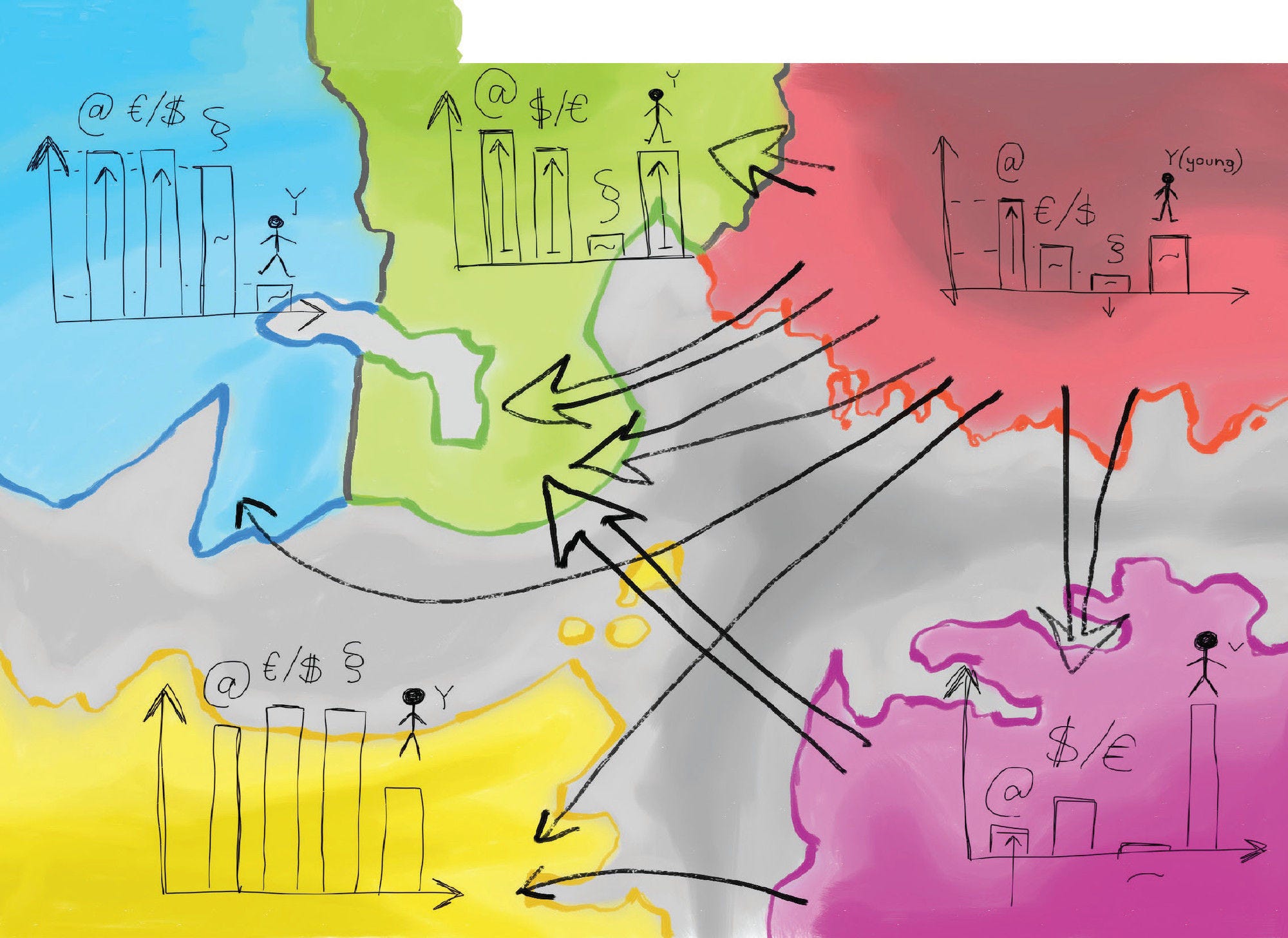The North Atlantic (NORA) region is a transnational area comprising the Faroe Islands, Greenland, Iceland, and the coastal counties of Norway. These territories are linked by shared characteristics and challenges, as well as by historical, institutional and cultural links. Improving accessibility to the region, ensuring sustainable development of its fisheries, enlarging and diversifying its economic base, and meeting the challenges of climate change are key issues. Strengthened regional co-operation can help these territories address them by exchanging know-how and best practices, pooling resources and reaching economies of scale, improving the efficiency of public sector provision, and increasing the “voice” of the region.
However, transnational co-operation in the NORA region faces some barriers, as it involves territories that compete in their main economic activities, are separated by large distances, and have strong institutional and economic links with other countries and regions. In order to get the most from transnational co-operation, this report recommends that the NORA territories: focus co-operation efforts on targeted themes and issues; draw up a regional development strategy; promote greater awareness of the benefits of co-operation; develop a “variable geometry” approach to regional co-operation; and enlarge and refine the role of the NORA institution as a facilitator of co-operation.















